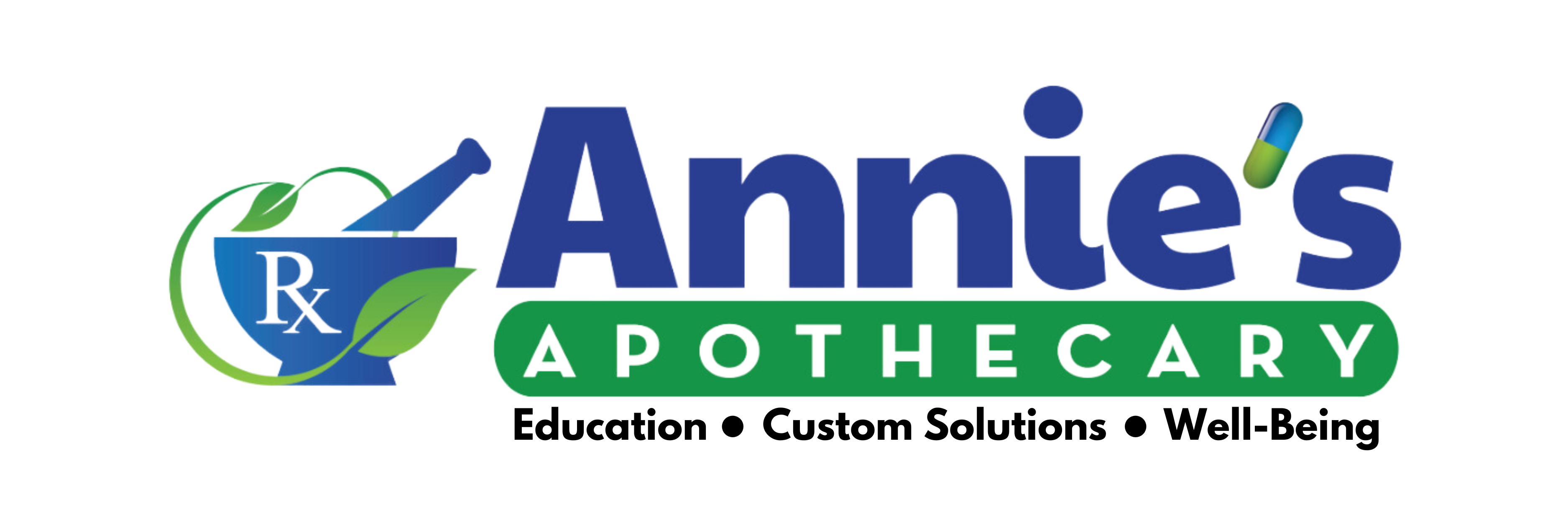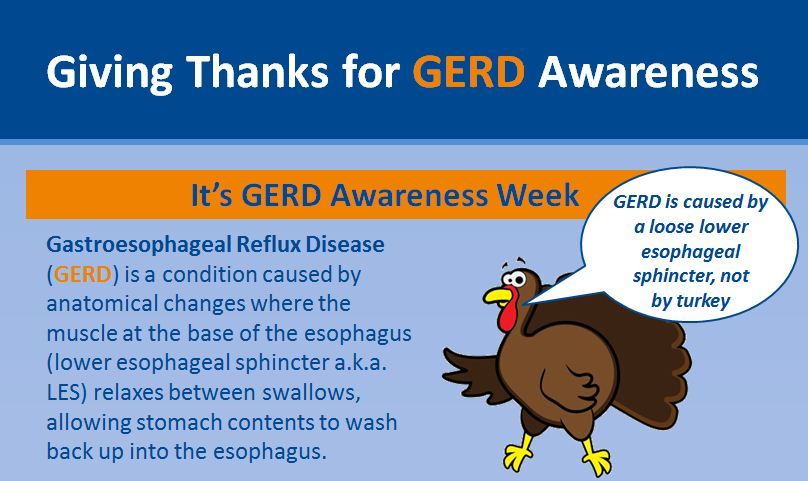Treatment of GERD is long-term. The goals are to control or reduce symptoms, heal an injured esophagus, and manage or prevent complications.
Treatment options include lifestyle changes, medicines, surgery, or a combination of approaches.
Lifestyle changes – This means changing things you have control over. Try to identify and avoid things that may bring on symptoms or make them worse. Ask your doctor about diet. Let your doctor know about any medicines you take as some can worsen symptoms.
Medicines – Over-the-counter medicines provide only temporary relief of heartburn. Tell your doctor if you need to take one for more than two weeks.
The most commonly prescribed medicines to treat GERD are H2 blockers and the more powerful PPIs (proton pump inhibitors). These reduce or limit acid secretion in your stomach.
Surgery – For some people, surgery to strengthen the barrier between the stomach and esophagus may be an option. Medicine may still need to be taken after surgery to control symptoms. Before having surgery, review all aspects of the procedure with your primary care doctor or gastroenterologist and the surgeon.
Ask your doctor questions about your treatment plan and options. Ask why the treatment is important for you. If you need to take a medicine long-term, at later visits ask your doctor if your effective dosage can be reduced. Ask about risks as well as benefits. Ask about side effects; these can occur with any treatment. Learn what to do if they occur, and how to minimize or avoid them.
Learn more about the treatment of GERD.
Did This Article Help You?
IFFGD is a nonprofit education and research organization. Our mission is to inform, assist, and support people affected by gastrointestinal disorders.
Our original content is authored specifically for IFFGD readers, in response to your questions and concerns.
If you found this article helpful, please consider supporting IFFGD with a small tax-deductible donation.
Adapted from IFFGD Publication: Common Questions About Gastroesophageal Reflux Disease (GERD).

